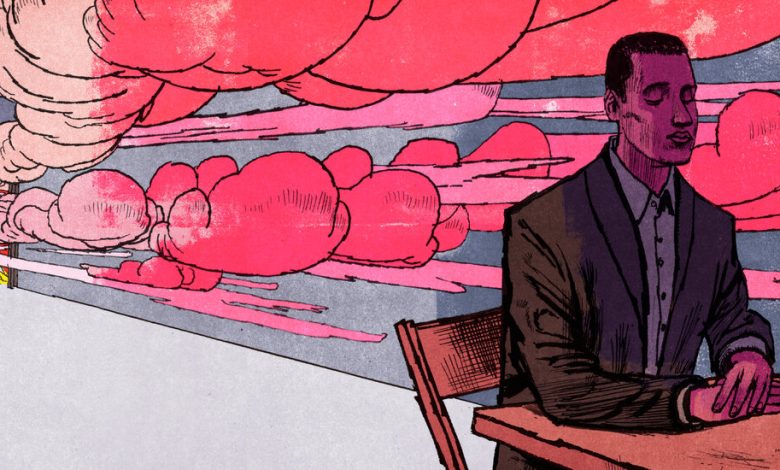Why People Fail to Notice Horrors Around Them

The miraculous history of our species is peppered with dark stories of oppression, tyranny, bloody wars, savagery, murder and genocide. When looking back, we are often baffled and ask: Why weren’t the horrors halted earlier? How could people have lived with them?
The full picture is immensely complicated. But a significant part of it points to the rules that govern the operations of the human brain.
Extreme political movements, as well as deadly conflicts, often escalate slowly. When threats start small and increase gradually, they end up eliciting a weaker emotional reaction, less resistance and more acceptance than they would otherwise. The slow increase allows larger and larger horrors to play out in broad daylight — taken for granted, seen as ordinary.
One of us is a neuroscientist; the other is a law professor. From our different fields, we have come to believe that it is not possible to understand the current period — and the shifts in what counts as normal — without appreciating why and how people do not notice so much of what we live with.
The underlying reason is a pivotal biological feature of our brain: habituation, or our tendency to respond less and less to things that are constant or that change slowly. You enter a cafe filled with the smell of coffee and at first the smell is overwhelming, but no more than 20 minutes go by and you cannot smell it any longer. This is because your olfactory neurons stop firing in response to a now-familiar odor.
Similarly, you stop hearing the persistent buzz of an air-conditioner because your brain filters out background noise. Your brain cares about what recently changed, not about what remained the same.




